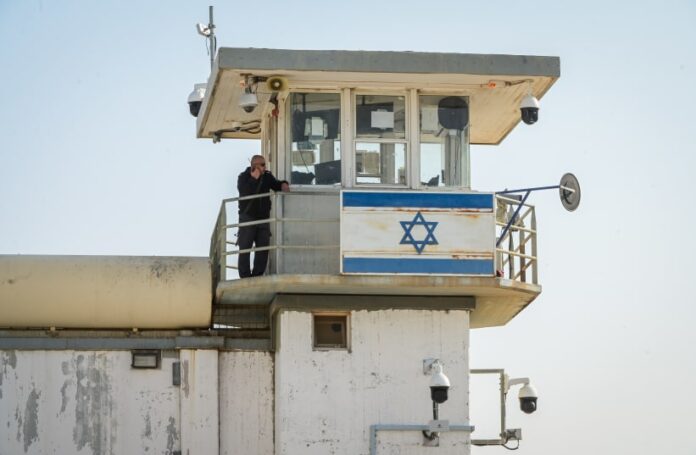In a culmination of a decades-long saga of pain and justice, Walid Daqqah, the convicted terrorist responsible for the kidnapping and brutal murder of Israeli soldier Moshe Tamam, has passed away at the age of 64. Daqqah, who had been battling cancer for the past year, died on Sunday, less than a year before his scheduled release in March 2025.
The heinous crime dates back to August 6, 1984, when Moshe Tamam disappeared after disembarking a bus at the Beit Lid station in Tel Aviv.
His body, bearing signs of head trauma and a gunshot wound to the chest, was discovered four days later near the entrance to Mevo Dotan in the West Bank. Daqqah, aged 54 at the time, denied his involvement, but subsequent investigations and trials confirmed his culpability.
Convicted in 1986 to a life sentence without parole, Daqqah’s sentence was later reduced to 37 years in 2012. However, his involvement in smuggling phones into the prison led to an extension of his sentence. Throughout his incarceration, Daqqah remained a controversial figure, stirring public debates and uproars.
In 2015, a play titled “The Parallel Time,” inspired by Daqqah’s writings about the lives of security prisoners, sparked controversy when performed at Haifa’s Al-Midan Theater.
The production elicited strong reactions from various sectors of Israeli society, prompting Moshe Tamam’s family to lead a campaign for its cancellation.
Despite being behind bars, Daqqah continued to make headlines. His authorship of a children’s book while imprisoned fueled further public outrage. Moreover, he defied a Supreme Court ruling by fathering a child during his incarceration.
The death of Daqqah brings mixed emotions to many, particularly to the family of Moshe Tamam. Ortal Tamam, the niece of the slain soldier, expressed a sense of closure and vindication.
“My uncle’s murderer chose to end his life after inflicting severe torture,” she said. “This is a victory for my family and for all of Israel.”
The Tamam family had vehemently opposed any possibility of Daqqah’s early release, fighting tirelessly against his pleas for clemency. Despite his deteriorating health, Daqqah’s request for early release was denied approximately a year ago.
Avigdor Feldman, Daqqah’s attorney, had petitioned for his client’s release on compassionate grounds due to his declining health, but the plea was rejected. Asad Daqqah, Walid’s brother, lamented that the family had not received official notification of his brother’s denial of release.
The passing of Walid Daqqah marks the end of a chapter in Israel’s history stained with tragedy and pain. While his death brings closure to some, it reignites discussions surrounding justice, terrorism, and the complex dynamics of the Israeli-Palestinian conflict.
As the nation reflects on this sombre moment, the memory of Moshe Tamam and the countless lives affected by terrorism remains steadfast in the collective consciousness.
This article was created using automation and was thoroughly edited and fact-checked by one of our editorial staff members

